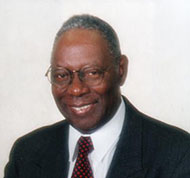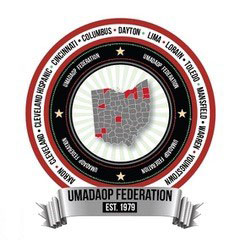Lima UMADAOP is deeply committed to its primary purpose: increasing community understanding of substance abuse through comprehensive education and awareness programs, breaking down barriers that hinder early identification and treatment, delivering targeted prevention initiatives for youth, and enhancing the awareness and sensitivity of human service providers.
In alignment with our purpose, we firmly believe in a harm reduction approach that centers on empathy, collaboration, and pragmatic steps towards a healthier community. Our commitment to harm reduction serves as the foundation of all our endeavors, reflecting our dedication to the well-being of individuals, families, and the community at large.
We recognize that substance abuse is a complex issue that requires multifaceted solutions. By prioritizing harm reduction, we acknowledge that the journey towards recovery may involve incremental changes and setbacks. Through our programs and services, we aim to create an environment that fosters open dialogue, embraces diverse perspectives, and offers nonjudgmental support to individuals and families on their unique paths to well-being.
Our harm reduction strategies are designed to reduce the negative consequences associated with substance abuse while promoting safer choices. We believe that by providing education, resources, and avenues for early intervention, we can empower individuals to make informed decisions about their health and future.
Collaboration is at the heart of our approach. We work hand in hand with the community, youth, families, and human service providers to cultivate an environment where compassion, understanding, and shared knowledge lead the way. By offering prevention programs, reducing stigma, and enhancing the skills of service providers, we collectively contribute to a healthier and more resilient community..
Join us in embracing the principles of harm reduction as we strive to create positive change and build a community that values the well-being and dignity of every individual. Together, we can make lasting progress towards reducing the impact of substance abuse and fostering a safer, healthier future for all.

